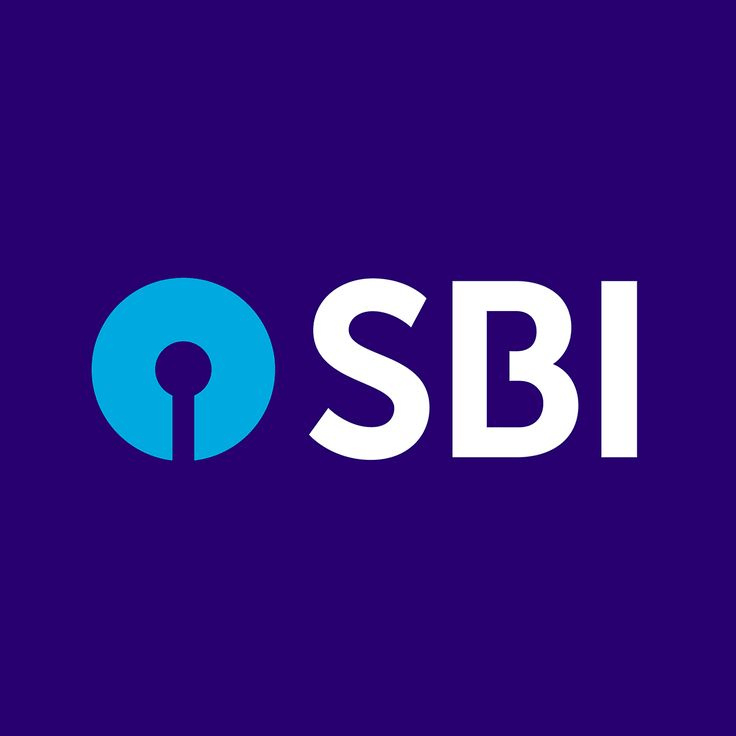Unclaimed Money in Indian Banks Hits Rs 67,000 Crore: SBI Holds 29%—Are You Owed a Share?
Find out why unclaimed money in Indian banks has soared to Rs 67,000 crore, with State Bank of India (SBI) holding nearly a third of all such deposits. Learn how to check and claim your forgotten funds, common reasons for dormant accounts, and the latest steps by RBI to reunite you with your money.
Unclaimed Money with Indian Banks Rises to Rs 67,000 Crore: A Deep Dive
India’s banks are sitting on a veritable mountain of unclaimed deposits—₹67,000 crore as of June 2025, according to the Finance Ministry. Even more striking: the State Bank of India (SBI) alone accounts for 29% of these dormant funds, underscoring the scale and urgency of the issue for both individuals and the financial sector.
What Are Unclaimed Bank Deposits?
Unclaimed bank deposits refer to balances in savings or current accounts not operated for 10 years, or term deposits not claimed within 10 years of maturity.
After this period, banks are legally required to transfer these amounts to the RBI’s Depositor Education and Awareness (DEA) Fund, but depositors can still claim their money—with interest—from their bank at any time.
The Alarming Rise: Key Numbers
Total unclaimed deposits: ₹67,003 crore (as of June 30, 2025)
Share with public sector banks: 87%
SBI’s share: ₹19,329.92 crore (29%)
Other banks with large unclaimed sums:
Punjab National Bank: ₹6,910.67 crore
Canara Bank: ₹6,278.14 crore
Bank of Baroda: ₹5,277.36 crore
Union Bank of India: ₹5,104.50 crore
Private banks’ total: ₹8,673.72 crore (with ICICI Bank having ₹2,063.45 crore).
Why Does Money Go Unclaimed?
Several factors fuel this growing pool:
Change of Address: Account holders move without updating their banks.
Multiple Accounts: People forget about secondary or old accounts.
Death Without Nomination: Legal heirs or nominees may not be aware of these funds (especially during or after the Covid pandemic).
Negligence: Inactive fixed deposits or recurring deposits get forgotten.
Complex Claim Process: Some find the paperwork and claims process daunting or are unaware of simplified online tools like the RBI’s UDGAM portal.
How Can You Claim Unclaimed Money?
For SBI and other banks:
Visit the home branch with proof of identity, address, photographs, and a request letter.
Heirs or nominees must provide legal documentation and follow the settlement process laid down by the bank.
For institutions, claims must be on official letterhead with supporting documents.
RBI’s UDGAM Portal: An online search tool helps individuals track forgotten accounts across multiple banks in one step—a major reform to make the process simpler and widely accessible.
Steps Taken by RBI and Banks
Regular customer outreach: Banks now alert account holders if accounts go dormant for a set period.
Centralized Information: The UDGAM portal lists data from 30 major banks, enabling mass searches.
Public Awareness Campaigns: Workshops and announcements encourage citizens to check for unclaimed deposits.
What Happens to Unclaimed Funds?
Banks eventually transfer them to RBI’s DEA Fund. However, the rightful owner or their heir can claim the money with accrued interest at any point—the claim does not expire. The bank is barred from levying penalty charges for inactivity on these accounts.
Why Does This Issue Matter So Much?
Financial Security: Hard-earned money shouldn’t be lost to lack of knowledge or red tape.
Ease for Legal Heirs: Proper nomination and knowledge can help families avoid bureaucratic hassle.
Effective Banking: Reducing dormant deposits helps banks reallocate resources more efficiently.
Expert Tips to Avoid Dormant Accounts
Keep account information and nominee details updated.
Inform family and heirs of all bank accounts—especially joint or secondary accounts.
Use new digital tools from RBI and banks to periodically check for unclaimed funds.
Close or consolidate unused accounts to simplify your finances and reduce risk.
In Summary
Unclaimed money in India’s banks, now at a record ₹67,000 crore, is a wake-up call for customers to check on forgotten deposits. SBI leads with 29%, but public and private sector banks alike hold substantial sums. Thanks to initiatives like the UDGAM portal and simplified claim processes, it’s easier than ever to recover what’s rightfully yours—so check today and share this information for greater financial awareness.
